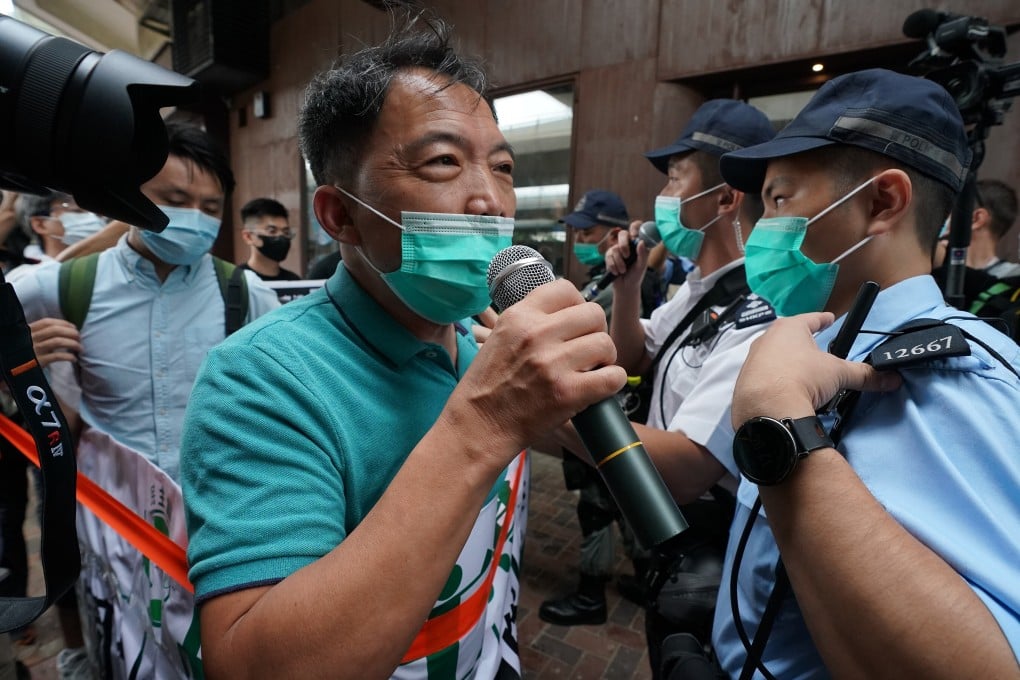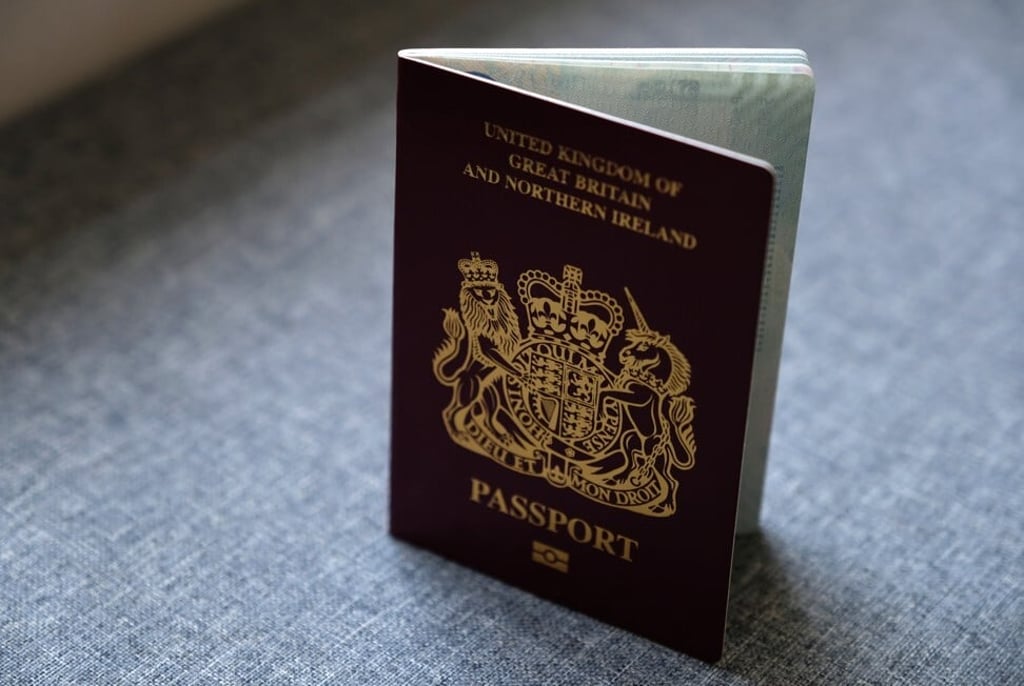All 53 Hong Kong opposition figures arrested under national security law released, except former lawmaker who failed to surrender BN(O) passport
- Police say ex-Democratic Party chairman Wu Chi-wai claimed he had already turned in his travel documents before admitting keeping BN(O) passport during interview
- The 58-year-old faces subversion charges under the national security law connected to an unauthorised rally on July 1 of last year

West Kowloon Court on Friday revoked Wu Chi-wai’s bail, as police accused the 58-year-old of violating the conditions of his temporary release arising from a previous charge.
Wu, who was among those arrested on Wednesday, was accused of failing to submit his BN(O) passport to the court when he was ordered to surrender all travel documents after he was charged on December 17 over an unapproved rally last summer.
Instead, he only presented his Hong Kong passport and home return permit, in addition to signing a declaration indicating he did not own a BN(O) document.
When police arrested Wu on Wednesday morning at his home in Wong Tai Sin and asked him to surrender his travel documents, he allegedly said he had already done so in previous criminal proceedings. Officers found the BN(O) passport only after the former lawmaker confessed to keeping one during a police interview.

Wednesday’s mass arrest of 53 people marked the biggest crackdown on the opposition since the Beijing-imposed national security law took effect on June 30 last year.